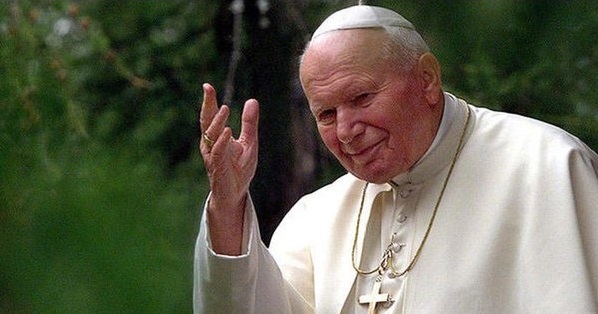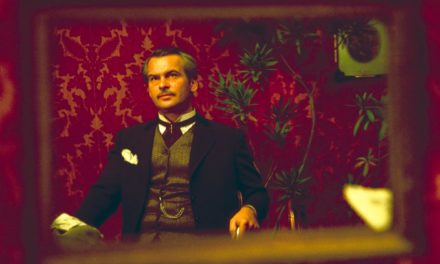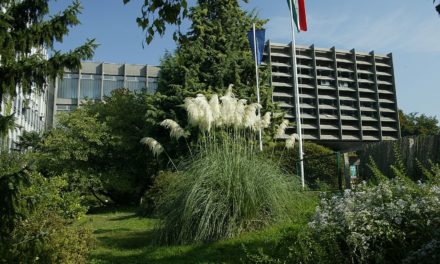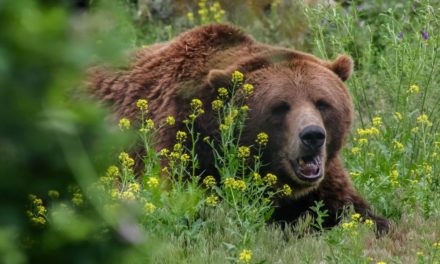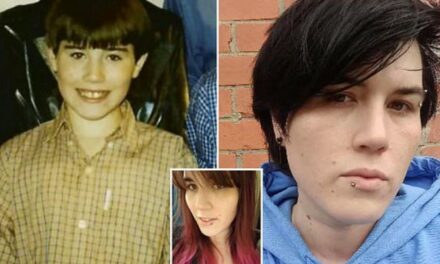16 years ago on this day, one of the most influential popes in world history, Szent II. John Paul. Today, this day falls on Good Friday, the day of Jesus Christ's suffering and death, the day when the benevolent God-man, in the midst of immense suffering, descends to hell to et resurrexit tertia die, that is, to rise again on the third day.
He lost his mother and then his brother as a small child. He studied at the University of Krakow until the German occupation. The invading Nazis destroyed the best of the Polish intelligentsia, both Christians and Jews. The teachers and many students of the University of Kraków were imprisoned in a concentration camp, so the young Wojtyła was forced to hide. In illegality, he wrote poems and plays and operated a secret theater that kept Polish culture alive. The Soviet power that was established after the war wanted to destroy Polish self-consciousness and the Catholic Church once and for all, so it faced harsher attacks than ever before: the persecution, deportation and, in many cases, the physical destruction of priests and high-ranking churchmen continued. However, they could not break Wojtyła either mentally or physically: he was both a good strategist and a careful tactician. In the beginning, he tried to attract the attention of the authorities as little as possible. He took care of his health and did intensive sports: kayaking and skiing. He continued to educate himself: he studied theology and philosophy, and finally earned a doctorate in moral theology. His ethical works have now become classics.
He reached the rank of archbishop of Kraków, before the communist authorities realized that a dangerous adversary had risen from the ground before their eyes. In the 1970s, he successfully managed the construction of the church in the Nowa Huta industrial district. The consecration of the church took place in a very tense atmosphere, with the possibility of armed mass dispersal in the air. The Poles regularly resisted the communist dictatorship: in 1956 in Poznań, in 1970 in Gdynia, in 1976 in Radom, Płock and Warsaw, serious labor strikes broke out, which the government could only put down with bloody means: many were dead and thousands were wounded. and the imprisoned. After such antecedents, on October 16, 1978, Wojtyła was elected pope, which was a real sensation: for the first time in five centuries, a non-Italian pope, who also came from beyond the Iron Curtain, sat on the throne. This posed a huge challenge to the entire Soviet bloc, but especially to the communist leadership in Warsaw. Békés's revolution created panic within the Soviet system.
The pope, who was elected in 1978, announced shortly after his inauguration that he would visit his country. The Soviets wanted to prevent the trip, but the Polish communists would have risked an international scandal by doing so, and would certainly have provoked the mass indignation of the Polish population. The new pope was a Polish citizen and had a Polish passport, so his entry could not be refused. In the end, the Polish socialist leadership deliberately timed its invitation so that it would fall after the jubilee of Saint Saniszló, which was just due. However, Wojtyła made it clear: he is going home precisely to commemorate the great saint of the Poles, who sacrificed his life for his faith. With his presence and speeches, the Pope strengthened the national and Christian identity of the Poles. The success of Wojtyła's 9-day visit also shocked the authorities. Wherever he went II. János Pál was greeted by a huge cheering crowd. He organized a special meeting with Polish youth, among whom he was exceptionally popular.
In 1980, the workers started to organize again, Solidarity was created, in connection with which the II. Pope John Paul immediately expressed his sympathy. In 1981, he received Lech Wałęsa . As a result of the movement's activities, party secretary-general Edward Gierek failed, and although Solidarity was banned, it continued to operate illegally. Wałęsa again in Czestochowa on June 23 for a private hearing.
II. Pope John Paul II also posed a threat to communism as a thinker: in his writings on ethical and economic topics, he criticized both capitalism and Marxism at the same time. The Soviets feared that he would outsource the Polish proletariat from the party.
On May 13, 1981, a Turkish terrorist shot the Pope in St. Peter's Square. Recent archival research has now confirmed that the Bulgarian secret service was directly behind the assassination, and the KGB indirectly. However, Wojtyła's momentum could not be broken: during his pontificate, he made 104 apostolic journeys, visiting a total of 129 countries. First and foremost, he always sought contact with young people and the persecuted. He also took action against extremism within the Catholic Church: he banned the preachers of liberation theology flirting with Marxism from teaching and from pastoral activity. Christ was not only good, but also righteous. He beat the couriers out of the church with a whip!
II. János Pál's work gave hope to the peoples living east of the Iron Curtain, and started a spiritual revolution among the oppressed peoples . XVI. He was beatified by Pope Benedict and canonized by Pope Francis I. The head of the Catholic Church was highly respected in our country due to his Central European origin and sympathy for Hungarians. We felt that he was one of us, a little bit ours, but in fact he served all of humanity, with the sure belief of the resurrection.

